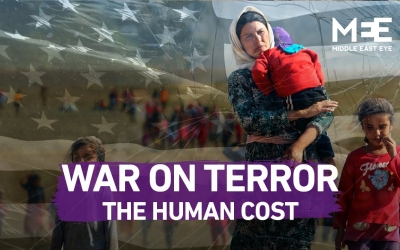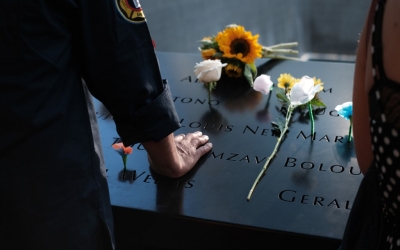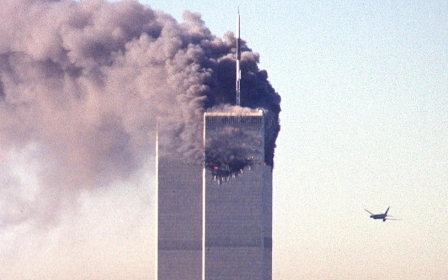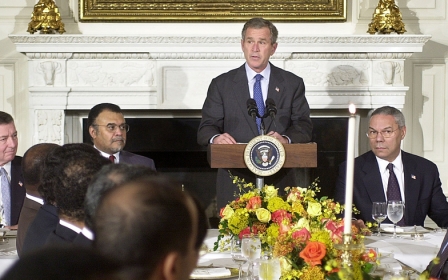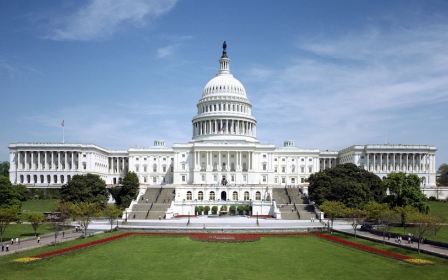Saudi officials must testify in 9/11 lawsuit, says US judge
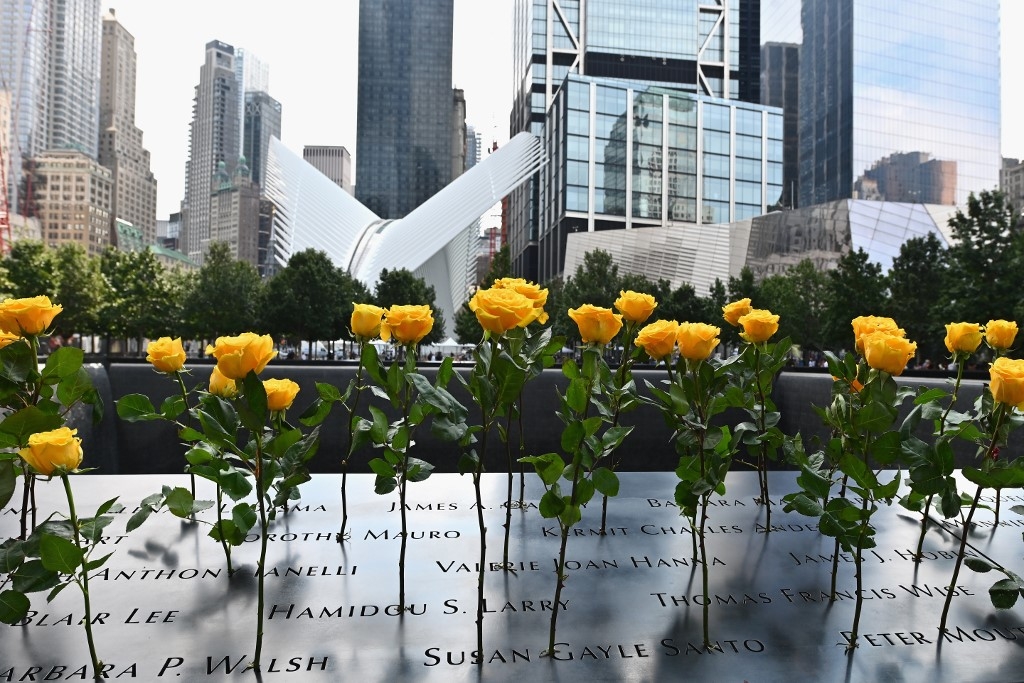
A US judge ordered Saudi Arabia to make 24 current and former officials, including a former ambassador to the United States, available for questioning in a lawsuit claiming it provided assistance for the attacks that took place on 11 September 2001, lawyers for the victims said on Friday.
Saudi Arabia has long denied involvement in the attacks, in which almost 3,000 people died as hijacked jetliners crashed into New York's World Trade Center, the Pentagon outside Washington, and a field in western Pennsylvania. Friday marked the 19th anniversary of the attacks.
The Saudi government's media office did not immediately respond to a request for comment after business hours, Reuters said, and a Washington-based lawyer for the country declined to comment.
US Magistrate Judge Sarah Netburn's decision was made public on Thursday in Manhattan federal court.
It followed another judge's March 2018 rejection of Saudi Arabia's bid to dismiss the litigation, in which families of those killed, as well as tens of thousands of people who suffered injuries, as well as businesses and insurers, are seeking billions of dollars in damages.
While rejecting some of the plaintiffs' requests for depositions, Netburn said those who could be questioned include Prince Bandar bin Sultan, who was the Saudi ambassador to the United States from 1983 to 2005 and is a member of the Saudi royal family, Reuters reported.
She said Saudi Arabia "persuasively" argued that documents did not suggest the prince oversaw the work of two officials the plaintiffs linked to the attacks.
Still, the judge said the plaintiffs' materials indicated he "likely has first-hand knowledge" of the role one official "was assigned by the Kingdom and the diplomatic cover provided to the propagators" working in the United States.
A drawn-out legal battle
It was not immediately clear how Saudi Arabia might arrange for or compel testimony by its citizens, including those no longer in the government.
James Kreindler, a lawyer for the victims, called the decision a "major development" because Saudi Arabia had produced little documentation concerning its government officials working in the United States before the attacks.
The almost two-decade-old lawsuit has faced several major obstacles over the years.
In March, a legal team representing survivors and families accused Saudi authorities of trying to silence at least four of their witnesses in the case, saying they had been threatened or intimidated by alleged Saudi agents.
On those grounds, the plaintiffs' legal team requested that the identities of the witnesses in the drawn-out legal battle be protected and kept secret.
The lawyers of the 9/11 victims invoked the 2018 murder of journalist Jamal Khashoggi by Saudi officials in Turkey as evidence of the kingdom's potential threat against their witnesses.
Lawyers representing the Saudi government denied allegations of witness tampering, saying the claims were "based on hearsay within hearsay".
The defence also accused the plaintiffs' lawyers of trying to gain a "tactical advantage" in legal deposition interviews with witnesses.
In 2016, both chambers of the US Congress voted to override president Barack Obama's veto of the bill that gave 9/11 families the right to sue Saudi Arabia.
Middle East Eye propose une couverture et une analyse indépendantes et incomparables du Moyen-Orient, de l’Afrique du Nord et d’autres régions du monde. Pour en savoir plus sur la reprise de ce contenu et les frais qui s’appliquent, veuillez remplir ce formulaire [en anglais]. Pour en savoir plus sur MEE, cliquez ici [en anglais].


